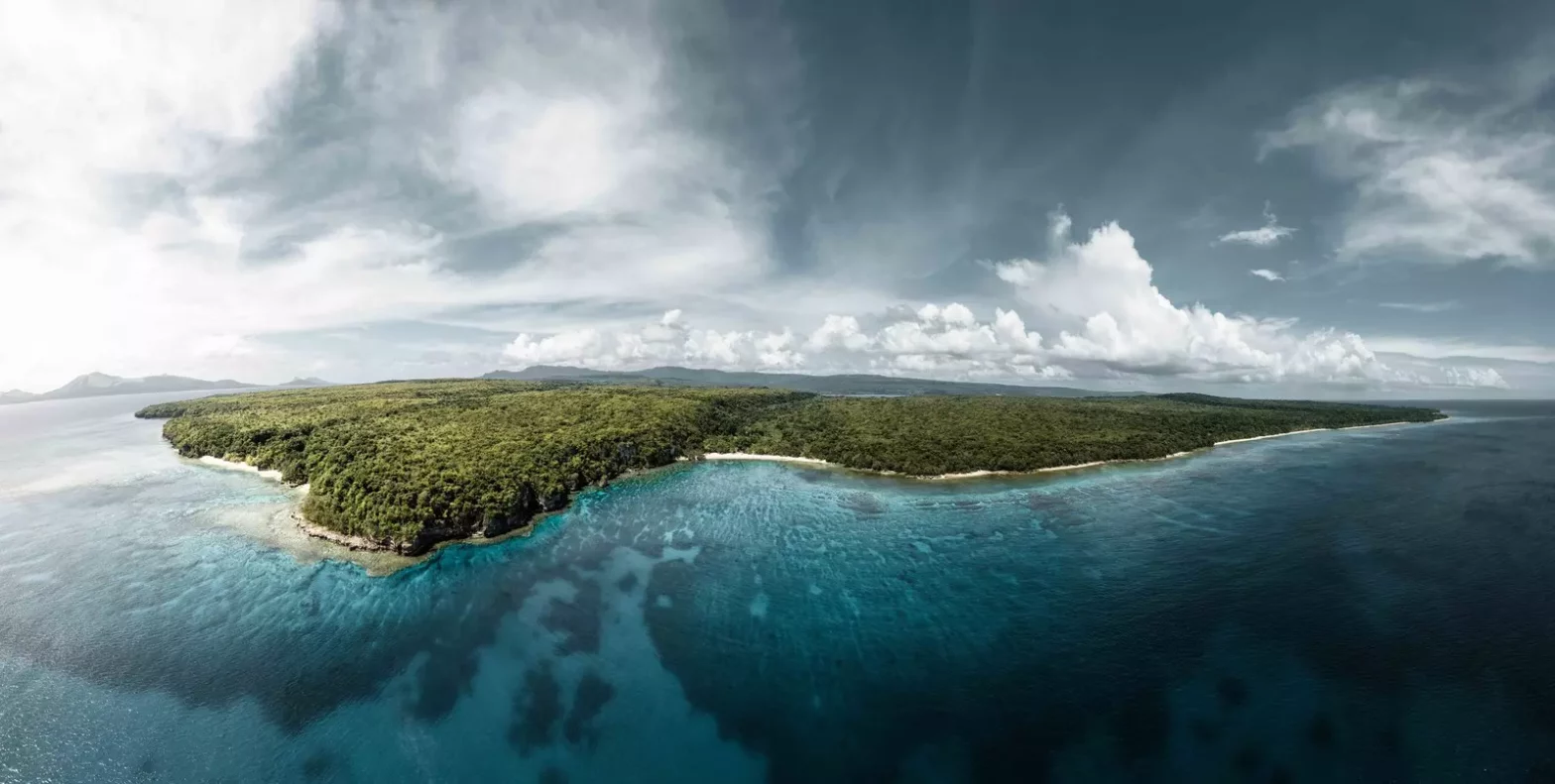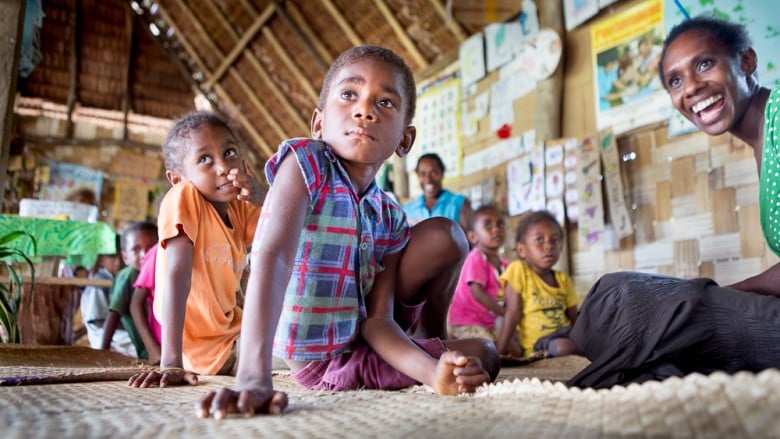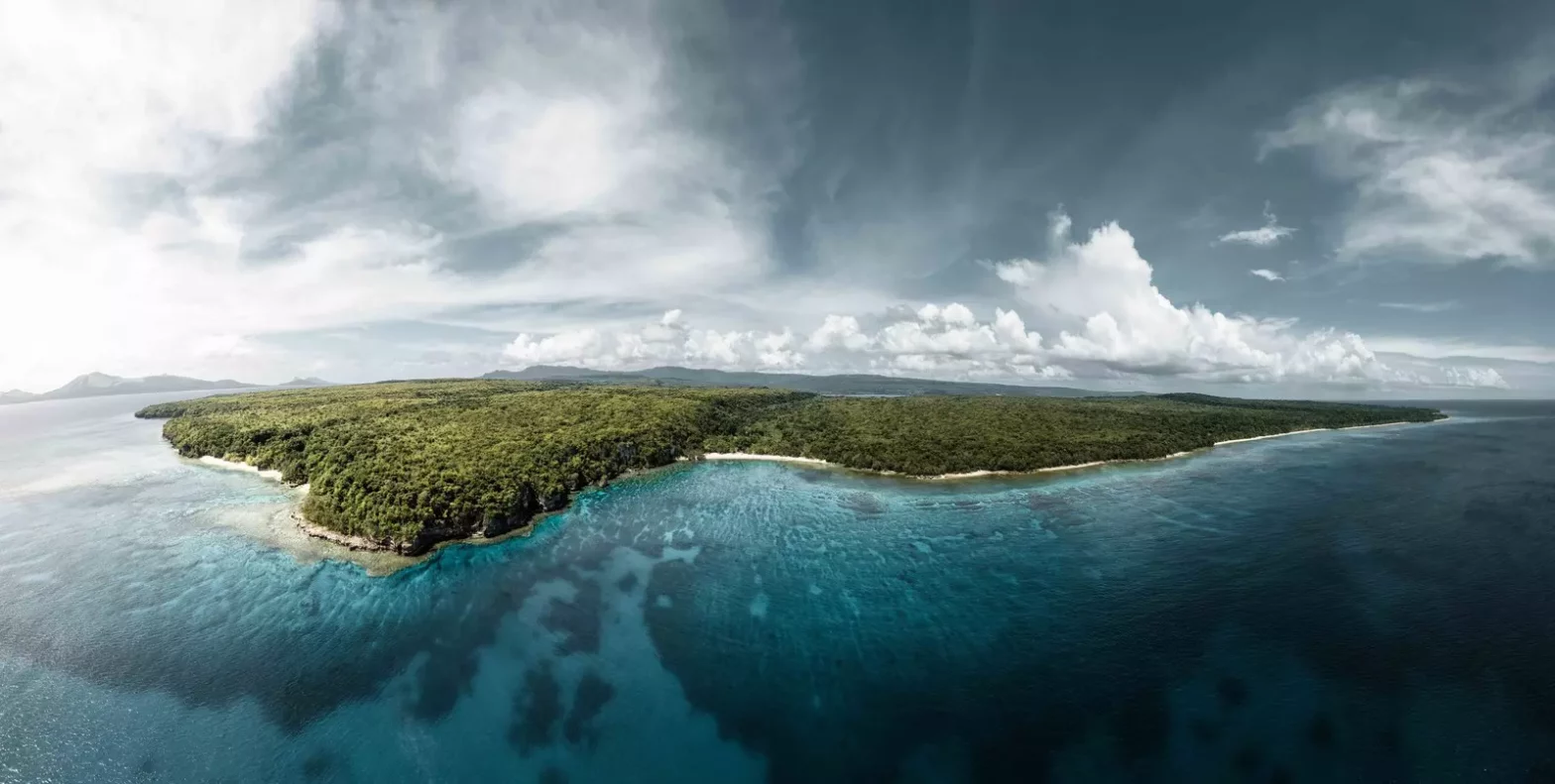Vanuatu appealed to all leaders at COP27 to Vote in favor of the ICJ climate Resolution to put human rights at the center of climate change decision-making
The President of Vanuatu, Nikenike Vurobaravu, has issued an impassioned appeal on world leaders, to vote in favour of an International Court of Justice (ICJ) Climate Resolution at the United Nations General Assembly, to place human rights at the center of climate change decision-making.
Speaking during the High-Level plenary of the 27th United Nations Framework Convention on Climate Change Conference of the Parties (UNFCCC COP) at Sharm El-Sheikh, Egypt, President Vurobaravu said the time has come for the ICJ to recognise that the impacts of climate change undermine basic human rights.
“Our young people are demanding climate justice and intergenerational equity,” Vurobaravu said.
“And so, I appeal in the strongest terms to all leaders here at COP27, to Vote in favor of the ICJ climate Resolution at the UN General Assembly so we can finally put human rights at the center of climate change decision-making.”
In a David versus Goliath move, Vanuatu alongside a global coalition of more than 85 nations have called for a legal review of international law from the ICJ to help countries affected by it make better climate decisions.
To make this happen, Vanuatu needs the majority of countries at the UN General Assembly to instruct the ICJ to do so. An advisory opinion is legal advice provided to the United Nations, or a specialised agency, by the ICJ, in accordance with Article 96 of the UN Charter.
The vote is expected to take place in a few weeks and at COP27, Vanuatu seized the opportunity to push for further support.
An Advisory Opinion on climate change, according to the President of Vanuatu, should inspire real action, to save the Goals of the Paris Agreement, and maintain the integrity of the UN Convention on Climate Change.
“More than three decades have passed since we began this process to stabilise greenhouse gasses to prevent dangerous climate change. Clearly, something is not working as emissions increase, climate finance remains wholly inadequate, the 1.5-degree limit will soon be crossed, and the resulting climate injustice is suffered daily across the planet,” President Vurobaravu said.
“Fundamental human rights are being undermined, every minute of every day, by our collective addiction to fossil fuels. It is time to fix this process. We must bring additional tools that will inspire the real State action that is required.”
Climate change is the greatest threat to the security and livelihoods of Pacific Island people who live on the frontlines of these impacts. While contributing less than 0.03% to the world’s total greenhouse gasses, the Pacific Islands are amongst the most vulnerable to its effects.
For Vanuatu, this is compounded as the world’s most at-risk country for natural hazards according to the 2021 UN University World Risk Index. Vanuatu has also been consistently ranked as the country with the highest disaster risk worldwide by the Institute for Environment and Human Security.
Without rapid and far-reaching action, low-lying atoll States like Vanuatu are predicted to be rendered uninhabitable by mid-century, threatening the very existence of their cultures, statehood, and sovereignty.
“Vanuatu is of the view that States have existing legal obligations under a range of international laws to protect the rights of present and future generations from the adverse impacts of climate change,” His Excellency Vurobaravu told the conference.
“The UNFCCC was not intended to operate in isolation, nor does it absolve any Party of their legal obligations under the other Treaties they have ratified. The International Court of Justice’s process is inclusive. All States will be invited to share their views on how to bring better international legal consistency and coherence to climate action.
“To strengthen Nationally Determined Contributions, we must strengthen our understanding of what international law already obliges us to do. In this regard, the objective of Vanuatu’s initiative is to transform the legal contexts in which we all act to protect human rights from climate harm. The time has come for the International Court of Justice to consider climate change.”
Youth and grassroots efforts began the movement advocating for an ICJ Advisory Opinion of which support has grown consistently over the past year. At the thirty-third inter-sessional Conference of Heads of Government of the Caribbean Community in March this year, Heads of Government have indicated their support for Vanuatu in its pursuit of an Advisory Opinion from the International Court of Justice.
This story was written by Sosikeni Lesa, originally published at SPREP on 10 November 2022, reposted via PACNEWS.



